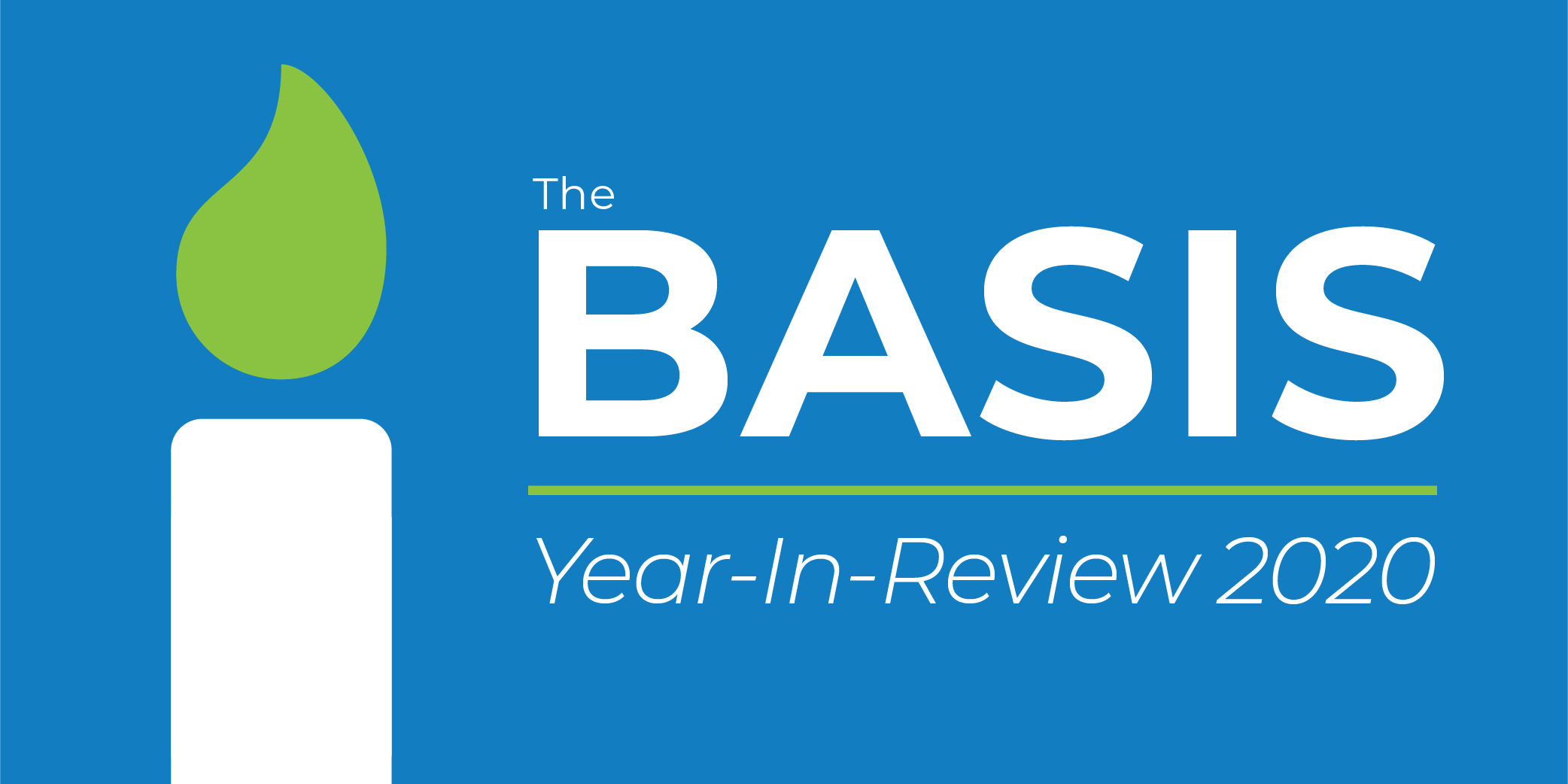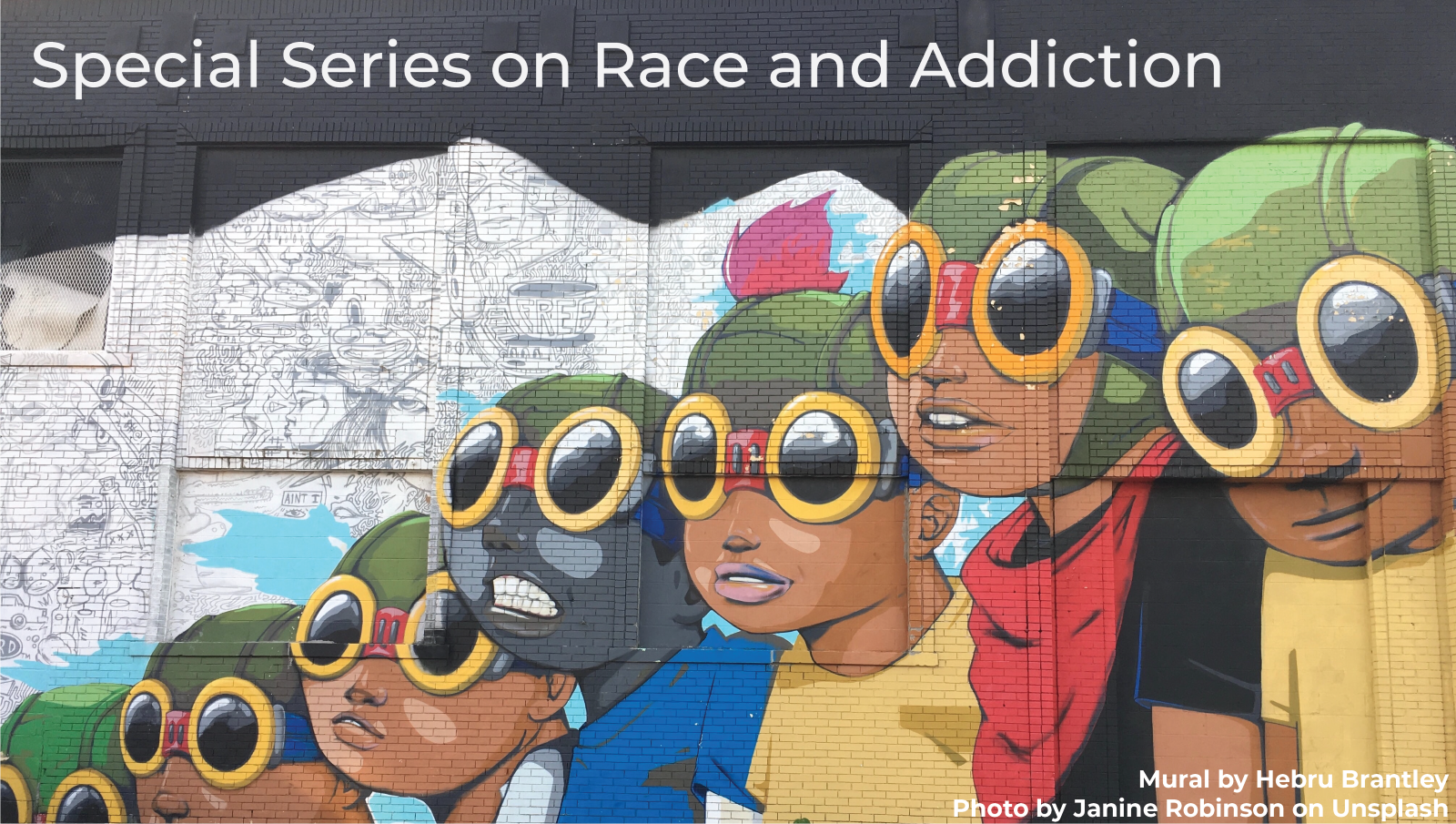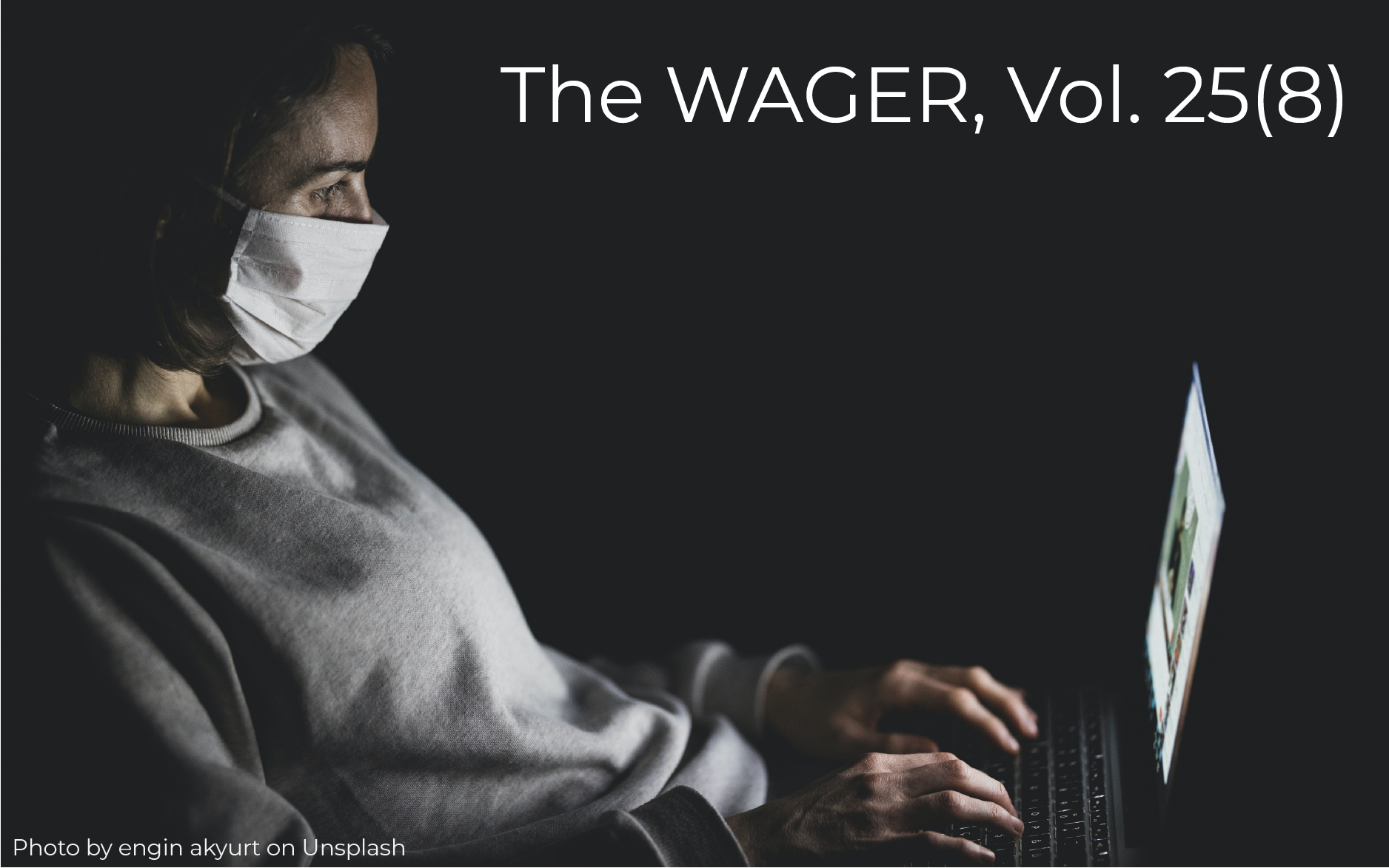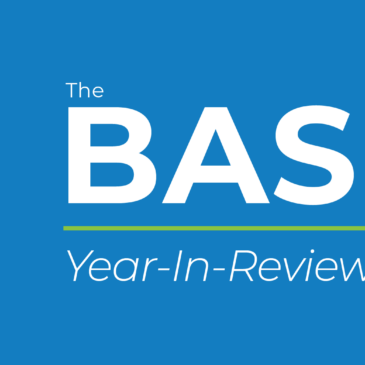 It’s that time of year again! Time to reflect on material we produced on The BASIS over the past twelve months and how readers reacted to it. This was an unprecedented year in many ways, and we at the Division on Addiction used The BASIS to share urgent information while, at the same time, continuing our decades-long effort to make high-quality addiction science widely accessible worldwide. Here, we share the most widely read posts of the year.
It’s that time of year again! Time to reflect on material we produced on The BASIS over the past twelve months and how readers reacted to it. This was an unprecedented year in many ways, and we at the Division on Addiction used The BASIS to share urgent information while, at the same time, continuing our decades-long effort to make high-quality addiction science widely accessible worldwide. Here, we share the most widely read posts of the year.
Most Read Op-Eds
 Two of our most widely-read op-eds emerged from our June Special Series on Race and Addiction. We were moved to produce that Special Series by what we were witnessing across United States and beyond: urgent, passionate protest against the murder of George Floyd and other acts of state-sponsored racial violence. That month, we reviewed four studies that shared a common focus on the role of race or racism in addiction. And we asked writers to share their own perspectives. Readers especially responded to an op-ed by Sara Matsuzaka, PhD, and Margaret Knapp, LMSW on the topic of integrating anti-racism within addiction treatment and an op-ed by Malakai Z. Hart and Carl L. Hart, PhD about the recurrent use of the “drug-crazed negro” as an excuse for police brutality. If you missed any part of this timely Special Series, we encourage you to revisit it now.
Two of our most widely-read op-eds emerged from our June Special Series on Race and Addiction. We were moved to produce that Special Series by what we were witnessing across United States and beyond: urgent, passionate protest against the murder of George Floyd and other acts of state-sponsored racial violence. That month, we reviewed four studies that shared a common focus on the role of race or racism in addiction. And we asked writers to share their own perspectives. Readers especially responded to an op-ed by Sara Matsuzaka, PhD, and Margaret Knapp, LMSW on the topic of integrating anti-racism within addiction treatment and an op-ed by Malakai Z. Hart and Carl L. Hart, PhD about the recurrent use of the “drug-crazed negro” as an excuse for police brutality. If you missed any part of this timely Special Series, we encourage you to revisit it now.
Two more of our most widely read op-eds emerged from our February Special Series on Theories of Addiction. In particular, readers enjoyed a piece by Tanya Freedland, MPS, LADC, and Robert Krueger, PhD that highlighted how anti-addiction stigma is embedded in diagnostic criteria for substance use disorders and a piece by Elda Chan, PhD on a paradigm shift towards integrated addiction treatment. The entire Special Series is useful for anyone who wants to learn more about influential theories about the development, prevention, or treatment of addiction.
Finally, readers responded to two op-eds on standalone topics. Victor Ortiz, MSW, LADC I, CADC II, discussed how Massachusetts is embedding engagement, equity, and empowerment in its public health response to gambling expansion. And Kahlil Philander, PhD, asked gambling operators to consider, “Are you building a responsible gambling-oriented culture?” We’re grateful to all of our op-ed writers for sharing their perspectives this year.
COVID-19
 Another recurrent theme this year was the COVID-19 pandemic. Soon after the pandemic started, researchers around the world started studying its effects on gambling, alcohol, other drugs, and other potential expressions of addiction. BASIS readers were eager to learn about these findings. Our COVID-19-related reviews explored the characteristics of people who continued to gamble after most sporting events were shut down; the impacts of COVID-19 on risky gambling, mental health, substance use, and financial distress; the impact of COVID-19 stress on drinking; and perceived risk of a serious COVID-19 infection among cigar smokers. Finally, readers engaged with an editorial by Drs. Debi LaPlante and Howard Shaffer of the Division of Addiction that shared suggestions for safely caring for others with addiction during this pandemic.
Another recurrent theme this year was the COVID-19 pandemic. Soon after the pandemic started, researchers around the world started studying its effects on gambling, alcohol, other drugs, and other potential expressions of addiction. BASIS readers were eager to learn about these findings. Our COVID-19-related reviews explored the characteristics of people who continued to gamble after most sporting events were shut down; the impacts of COVID-19 on risky gambling, mental health, substance use, and financial distress; the impact of COVID-19 stress on drinking; and perceived risk of a serious COVID-19 infection among cigar smokers. Finally, readers engaged with an editorial by Drs. Debi LaPlante and Howard Shaffer of the Division of Addiction that shared suggestions for safely caring for others with addiction during this pandemic.
Other Most Read Science Reviews
Our readers responded to the following stand-alone science reviews:
- An ASHES review that highlighted a creative approach to engaging youth in public health prevention by embedding education about substance use within an interactive online videogame.
- A STASH review of a study that asked urban individuals of color about their experiences with fentanyl-contaminated heroin. The findings demonstrated how the opioid epidemic presents itself differently across races, ethnicities and socioeconomic status; it is essential we don’t punish those suffering for not fitting into a single, monolithic narrative
- An Addiction and the Humanities post that looked at the way video games portray alcohol, tobacco, smoking and other drug use. This piece demonstrated how common addictive behaviors are in many of the most popular video games and the lack of consistent and accurate ratings by the video game review boards.
- A review from The DRAM that explored how mixing alcohol with energy drinks is associated with increased aggression in bars. While it might not be surprising that excessive alcohol consumption can lead to aggressive behavior, this article reminds us that combining multiple substances together—in this case alcohol and caffeine—can amplify the potentially negative effects that people might experience.
- Finally, the most read science review of 2020 came from The WAGER series. It presented a model to explain the development of gambling disorder that depicted three possible pathways for the progression from recreational gambling to problem gambling. Identifying these different pathways to becoming is essential for creating effective treatments that are better able to address the gamblers’ reasons for gambling and comorbid mental health problems.
Stay with us in 2021 and beyond to continue learning what addiction science has to offer all of us.
— Heather Gray, PhD and Alessandra Grossman
Funding Acknowledgement
The Division on Addiction currently receives funding from DraftKings, Inc.; EPIC Risk Management; Foundation for Advancing Alcohol Responsibility; GVC Holdings PLC; Massachusetts Department of Public Health, Bureau of Substance Addiction Services via St. Francis House; Massachusetts Department of Public Health, Office of Problem Gambling Services via Health Resources in Action; MGM Resorts International via the University of Nevada, Las Vegas; National Institutes of Health (National Institute of General Medical Sciences and National Institute on Drug Abuse) via The Healing Lodge of the Seven Nations; Substance Abuse and Mental Health Services Administration via the Addiction Treatment Center of New England; and Substance Abuse and Mental Health Services Administration via the Gavin Foundation.
During the past 5 years, Heather Gray has served as a paid program evaluator for Duffy Health Center, served as a paid grant reviewer for the National Center for Responsible Gambling (NCRG), received travel funds from the Tung Wah Group of Hospitals/The Hong Kong Jockey Club Charities Trust, received honoraria funds for preparation of a book chapter from Universite Laval, received travel funds and honoraria from the NCRG, and received course royalty fees from the Harvard Medical School Department of Continuing Education. Dr. Gray is a non-paid member of the New Hampshire Council for Responsible Gambling.




